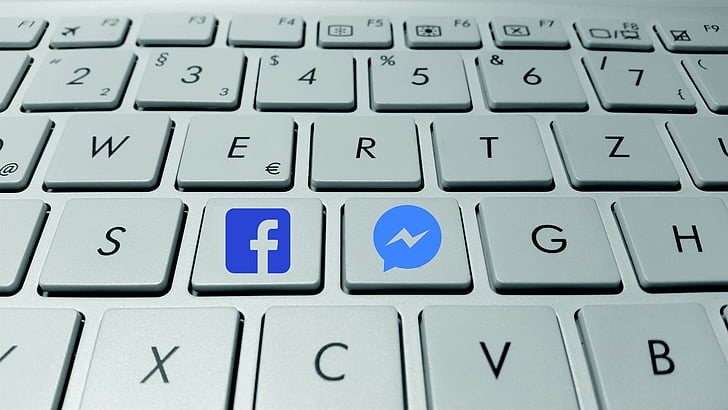
In the digital age, social media has transformed from a novel way to connect with friends into a pivotal platform for global communication, influencing public opinion, shaping cultural norms, and altering the landscape of personal interaction. Its rapid evolution has brought about significant benefits, such as unparalleled connectivity and the democratization of information, but it has also introduced complex challenges, including privacy concerns and the spread of misinformation. This article explores the multifaceted impact of social media on society, highlighting its role as both a tool for positive change and a potential source of societal discord.
Connectivity and Community Building
Social media has obliterated geographical barriers, enabling real-time communication across the globe. Platforms like Facebook, Twitter, and Instagram have become digital town squares where people can share ideas, experiences, and support one another. This connectivity fosters a sense of community and belonging, offering spaces for like-minded individuals to gather, regardless of their physical location.
Access to Information and Education
The vast networks of social media are powerful channels for the dissemination of information and educational content. They have democratized access to knowledge, allowing users to learn about a wide range of subjects, from DIY tutorials on YouTube to in-depth analyses on LinkedIn. However, the abundance of information also necessitates critical thinking and media literacy to navigate the prevalence of unverified and sometimes misleading content.
Influence on Public Opinion and Political Mobilization
Social media’s role in shaping public opinion and political discourse cannot be overstated. It has the power to amplify voices and mobilize movements, as seen in events like the Arab Spring and the global climate change protests. While it empowers citizens to engage in the democratic process, it also presents challenges, such as echo chambers and polarization, where users are exposed only to viewpoints that reinforce their existing beliefs.
Impact on Mental Health
The psychological effects of social media usage have become a topic of increasing concern. The constant comparison to the curated lives of others can impact self-esteem and mental well-being, particularly among adolescents and young adults. However, social media can also provide vital support networks for individuals dealing with mental health issues, offering a platform to share experiences and find community.
Privacy and Data Security
As social media companies collect vast amounts of personal data, concerns about privacy and data security have come to the forefront. Users are increasingly wary of how their information is used and shared, leading to calls for more transparent data practices and regulations to protect personal privacy.
Conclusion
Social media embodies the paradox of technological advancement—its potential to connect and educate is as profound as its ability to divide and mislead. Navigating its impact requires a balanced approach, emphasizing critical engagement, digital literacy, and the cultivation of online environments that promote positive interaction and understanding. As we move forward, the challenge will be to leverage the immense potential of social media while mitigating its adverse effects, ensuring it serves as a force for good in society.
